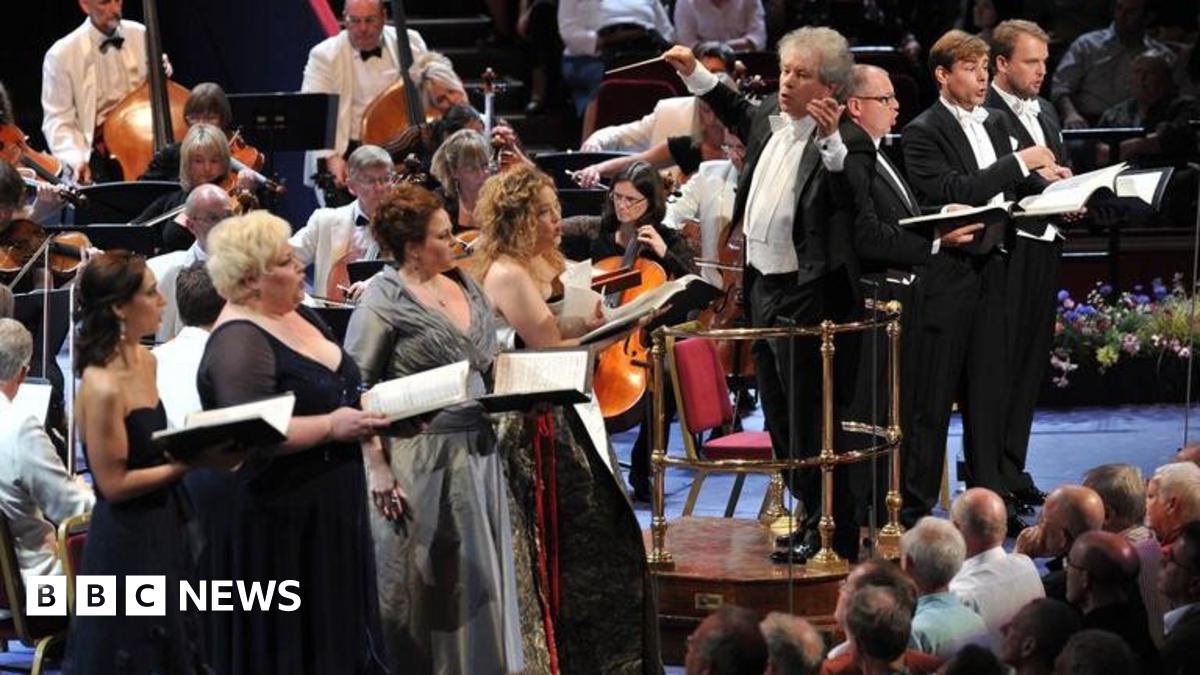Another factor in the "Meades missing millions musings" is that BBC1, BBC2, BBC4, Channel 4, ITV1 and BBC3 now (in the digital tv era) ALL broadcast their prime flagship programmes in the same 9.00 to 10.00 slot and their lighter flagship programmes in the 8.00 to 9.00 slot. So, people who usually watch tv live-as-broadcast (with or without switching channels) now miss many more of the "best" programmes than they did in the olden days, when the equivalent "best" programmes were transmitted one after the other on a handful of channels.
The present broadcasting pattern has the advantage that very little flagship original programming is consigned to late broadcast hours. Incredible as it would be to a 1980s BBCtv viewer, there are now only five BBC1 and BBC2 flagship tv programmes broadcast after 10.30pm - Match of the Day, The Graham Norton Show, Question Time, Newsnight and Imagine.
With modern home recording technology, it's easy to view several programmes all broadcast at the same prime time, so the modern broadcasting pattern has improved accessibility to all the programming.
However, many people can't manage the effort to keep track of all the channels which broadcast programmes they would very much like. (On a side note, hence the increase in cross-channel trails!!) So, these dimwits or lazybones tend to be unaware of some of the programming which they would most appreciate.
The present broadcasting pattern has the advantage that very little flagship original programming is consigned to late broadcast hours. Incredible as it would be to a 1980s BBCtv viewer, there are now only five BBC1 and BBC2 flagship tv programmes broadcast after 10.30pm - Match of the Day, The Graham Norton Show, Question Time, Newsnight and Imagine.
With modern home recording technology, it's easy to view several programmes all broadcast at the same prime time, so the modern broadcasting pattern has improved accessibility to all the programming.
However, many people can't manage the effort to keep track of all the channels which broadcast programmes they would very much like. (On a side note, hence the increase in cross-channel trails!!) So, these dimwits or lazybones tend to be unaware of some of the programming which they would most appreciate.

 [Not that we're officially allowed to know how much the deficit is, even under the FOIA].
[Not that we're officially allowed to know how much the deficit is, even under the FOIA].
Comment